Working Group on the Cartographic Body of Knowledge
- The work in the this CartoBoK WG will be a continuation of the work from the corresponding WG in the previous period.
- Contribute to the work on reviewing current terms related to cartography and propose new terms and updated definitions to current terms as appropriate.
- Encourage the commissions to actively contribute to the CartoBoK.
- Discuss and suggest new ways to make it more attractive for the commissions to contribute to the CartoBoK.
- Collect, review, and publish individual contributions to the CartoBoK in a dynamic, living document. This process should be carefully handled by an editor.
- Discuss and implement methods for quality assurance of contribution to the CartoBoK.
- Maintain and improve the Web interface for collection of concepts to the CartoBoK.
- Keep the Cartographic community updated on the progress in the development of CartoBoK through a web-site. The Body of knowledge for Cartography will also be communicated through this web-site.
- Improve the visualization and dissemination of the CartoBoK through the web interface.
- Inform about the CartoBoK work and results at different ICA events.
Website of the Working Group on the Cartographic Body of Knowledge
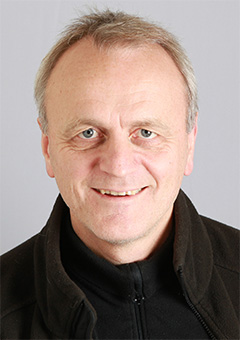
Chair: Terje Midtbø
Department of Civil and Environmental Engineering
Norwegian University of Science and Technology
Norway
e-mail: terjem@ntnu.no
Executive Committee liaison: Georg Gartner
Working Group on Inclusive Cartography
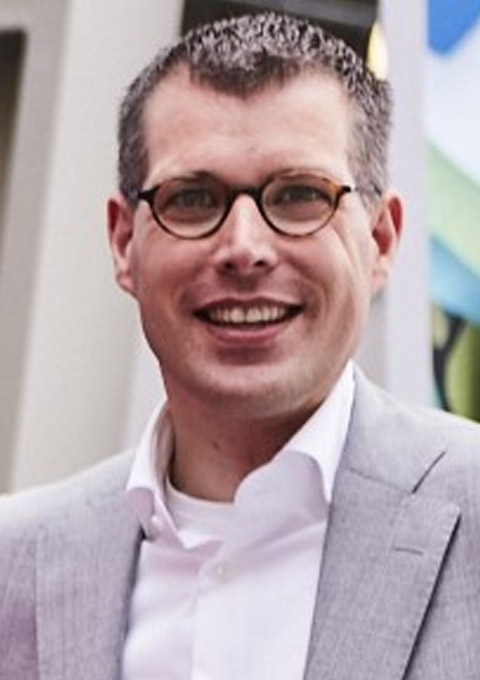 Chair: Vincent van Altena
Chair: Vincent van AltenaResearch Department
Directory of Data Governance and Innovation
Cadastre, Land Registry and Mapping Agency
The Netherlands
e-mail: Vincent.Altenavan@kadaster.nl
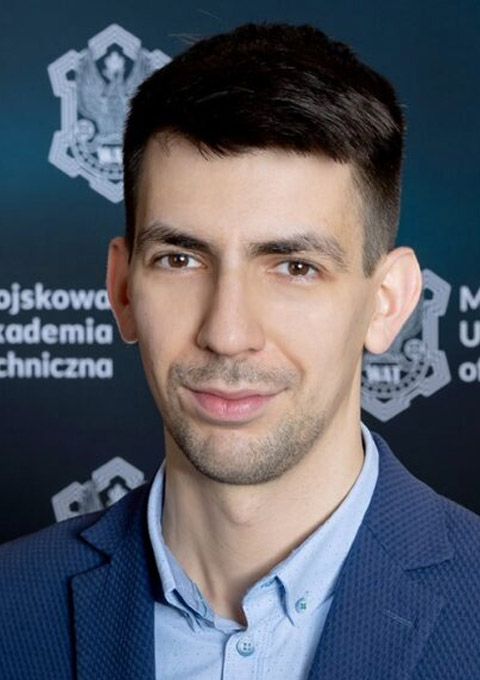 Vice-Chair: Jakub Wabiński
Vice-Chair: Jakub WabińskiMilitary University of Technology in Warsaw
Poland
e-mail: jakub.wabinski@wat.edu.pl
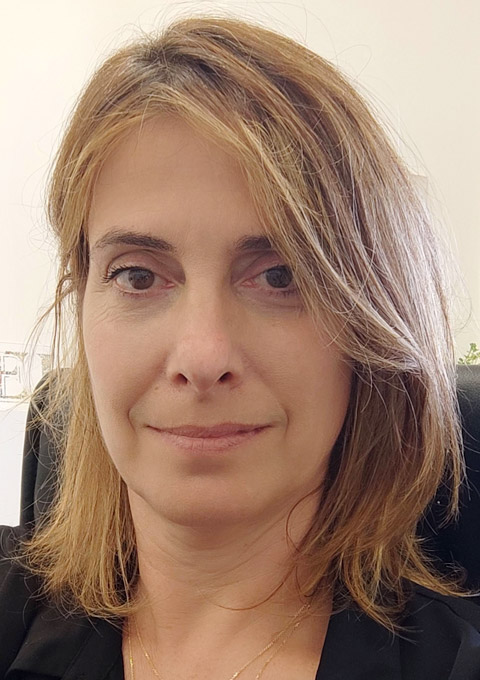 Vice-Chair: Shirly Goldner
Vice-Chair: Shirly Goldner Cartography Department
Survey Of Israel
Israel
e-mail: shirly.goldner@gmail.com
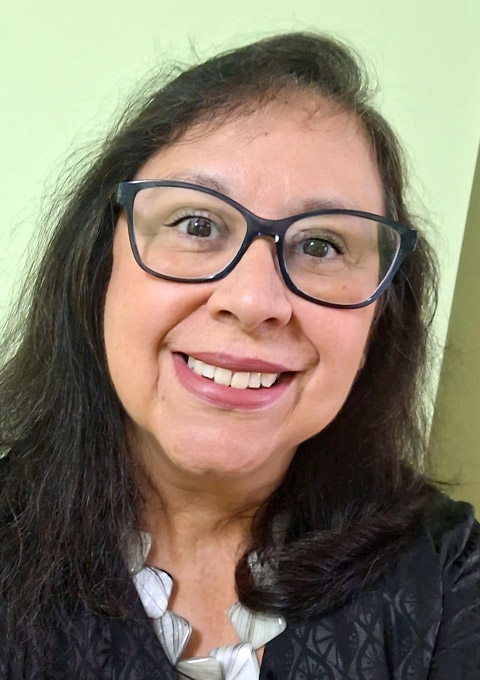 Vice-Chair: Waldirene Ribeiro de Carmo
Vice-Chair: Waldirene Ribeiro de CarmoLaboratory of Geography Education and Teaching Materials
Department of Geography
Faculty of Philosophy, Languages and Human Sciences
University of Sao Paulo – Brazil
Brazil
e-mail: walcarmo@usp.br
Working Group Next Generation Cartographers
- Establish opportunities for the NGC community to meet and share knowledge in a peer-to-peer fashion.
- Support the career development of young professionals in the field and promote the needs and demands of the next generation within cartographic institutions, both on the local and global level.
- Raise awareness towards practices of exclusion, discrimination, and colonialism that have historically shaped our field and its institutions, by promoting critical, feminist, and solidary approaches to cartography and its institutional representation, as formulated by a global community of young scholars and professionals.
- Actively reach out to demographics that are underrepresented in our field and its institutions, both on the local and global level, to join the NGC initiative.
Website of the Working Group on Next Generation Cartographers
Chair: Chelsea Nestel
University of Wisconsin – Madison
Department of Geography
USA
e-mail: nestel@wisc.edu
University of Wisconsin – Madison
Department of Geography
USA
e-mail: nestel@wisc.edu
Chair: Katarzyna Słomska-Przech
Tadeusz Manteuffel Institute of History Polish Academy of Sciences
Department of Historical Atlas
Poland
e-mail: kslomska@ihpan.edu.pl
Tadeusz Manteuffel Institute of History Polish Academy of Sciences
Department of Historical Atlas
Poland
e-mail: kslomska@ihpan.edu.pl
For working groups of previous terms please consult the working groups archive.



